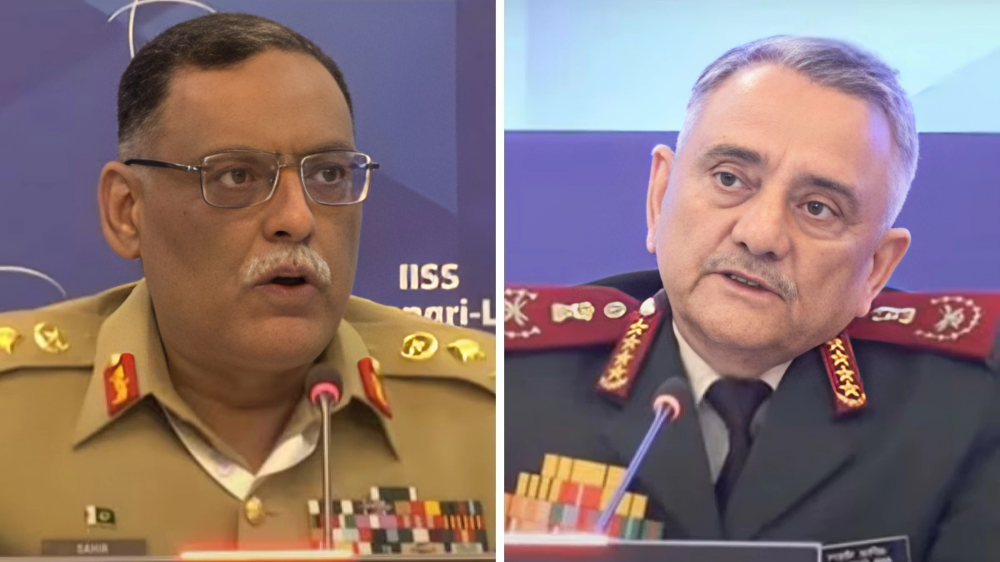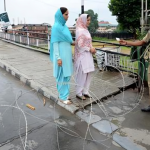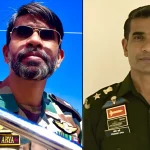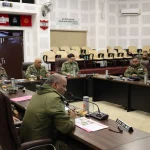Amid heightened tensions following recent cross-border hostilities, top military leaders from India and Pakistan exchanged firm warnings at the 22nd Shangri-La Dialogue in Singapore. India’s Chief of Defence Staff (CDS) General Anil Chauhan and Pakistan’s Chairman of the Joint Chiefs of Staff Committee General Sahir Shamshad Mirza addressed simultaneous sessions at the prominent global defence forum on Saturday.
Speaking on the backdrop of Operation Sindoor, launched by India in retaliation for a terror attack in Jammu and Kashmir’s Pahalgam that killed 26 tourists, General Chauhan made it clear that India had drawn a new red line in its tolerance to terrorism. “What India has done, politically, they have drawn a new red line of intolerance against terror,” said Chauhan. He added, “We have been subjected to this proxy war of terror for almost two decades… we want to put an end to it.”
Chauhan referred to Operation Sindoor as a signal to India’s adversaries, asserting that the four-day military operation should serve as a warning. “Hopefully they learn that this is a limit of India’s tolerance,” he said. The operation, conducted from May 7 to 10, targeted nine terror infrastructure sites in Pakistan and Pakistan-occupied Kashmir, ending after both sides agreed to halt military actions.
In response, General Mirza cautioned that the lack of genuine conflict resolution between India and Pakistan could lead to dangerous escalation. Speaking during a panel on “Regional Crisis-Management Mechanisms,” he said, “It has become imperative to move beyond conflict management towards conflict resolution. This will ensure sustainable peace and assured crisis management.”
Mirza also raised the Kashmir issue multiple times, stating that resolution in accordance with UN Security Council resolutions and the aspirations of the Kashmiri people was essential for lasting peace in South Asia. “When there is no crisis, Kashmir is never discussed,” he said, underscoring what he called the core issue between the two nations.
Mirza warned that the strategic stability threshold between India and Pakistan had lowered significantly following recent military confrontations. He said, “The threshold of what we say conventional warfare has significantly degraded,” and warned that global powers may not have enough time to intervene in future escalations due to the rapid nature of military responses.
He further alleged that India’s growing stature as a “net security provider” encouraged by Western powers was disincentivising New Delhi from engaging in meaningful crisis-management mechanisms.
Following the April 22 terror attack, India blamed Pakistan-based groups for orchestrating the incident, a charge Islamabad has denied. Mirza, while denying involvement, said that international interlocutors including the US, UK, Turkiye, China, Saudi Arabia, and the UAE had engaged both sides during the conflict, helping de-escalate tensions.
The dialogue highlighted the deepening rift between India and Pakistan on security and territorial issues, with military officials laying out opposing visions for peace and stability in the region.













